Road Surfacing Tips for Longer-Lasting Surfaces
Road surfacing is an essential part of building durable, safe, and reliable infrastructure. Whether it’s for public roads, private driveways, or commercial spaces, proper surfacing ensures longevity and reduces the need for costly repairs. In this article, we’ll share proven road surfacing tips to help maximise the lifespan and performance of any surfacing project.
1. Choose the Right Surfacing Material
The longevity of a road depends heavily on the surfacing material used. Common choices include tarmac, asphalt, and resin-bound surfaces. Tarmac is known for its durability and cost-effectiveness, while resin-bound surfacing provides aesthetic appeal with added permeability. When choosing a material, consider:
- Traffic load – High traffic areas require more durable materials like hot rolled asphalt.
- Weather conditions – Some materials handle extreme weather better than others.
- Budget constraints – Balance cost with performance for the best value.
Selecting the right surfacing material from the start is one of the most important road surfacing tips for avoiding premature wear.
2. Ensure Proper Base Preparation
A strong base is the foundation of a long-lasting road. Without proper base preparation, even the best surfacing material will fail sooner. Steps include:
- Removing debris and vegetation
- Compacting the sub-base
- Installing appropriate drainage systems
A well-prepared base prevents issues such as potholes, cracks, and uneven surfaces — significantly extending the lifespan of the road.
3. Prioritise Drainage
Effective drainage is a critical but often overlooked element of road surfacing. Standing water damages surfacing materials, causing cracks and potholes. To prevent this:
- Incorporate a slight slope to direct water away
- Install drainage channels where necessary
- Ensure regular cleaning of drains and gutters
Good drainage maintenance is a long-term investment that protects the surfacing and improves safety.
4. Regular Maintenance is Key
Routine maintenance ensures that small issues don’t develop into costly repairs. Maintenance tips include:
- Inspecting surfaces for cracks or potholes
- Repairing minor damage immediately
- Sealcoating every few years to protect against wear and weather
Regular maintenance not only prolongs the road’s life but also reduces long-term repair costs.
5. Work with Professional Road Surfacing Experts
Expertise matters when it comes to surfacing. Professional contractors bring experience, quality materials, and the right equipment to deliver a durable, safe surface. They also ensure compliance with safety and quality standards.
For tailored advice and expert installation, working with trusted road surfacing contractors is one of the most effective road surfacing tips you can follow.
Conclusion
Investing time in proper planning, material selection, base preparation, drainage, and maintenance is essential for creating long-lasting road surfaces. Following these road surfacing tips will save you time, money, and frustration over the long term.
For expert guidance and a professional road surfacing solution, contact us today.

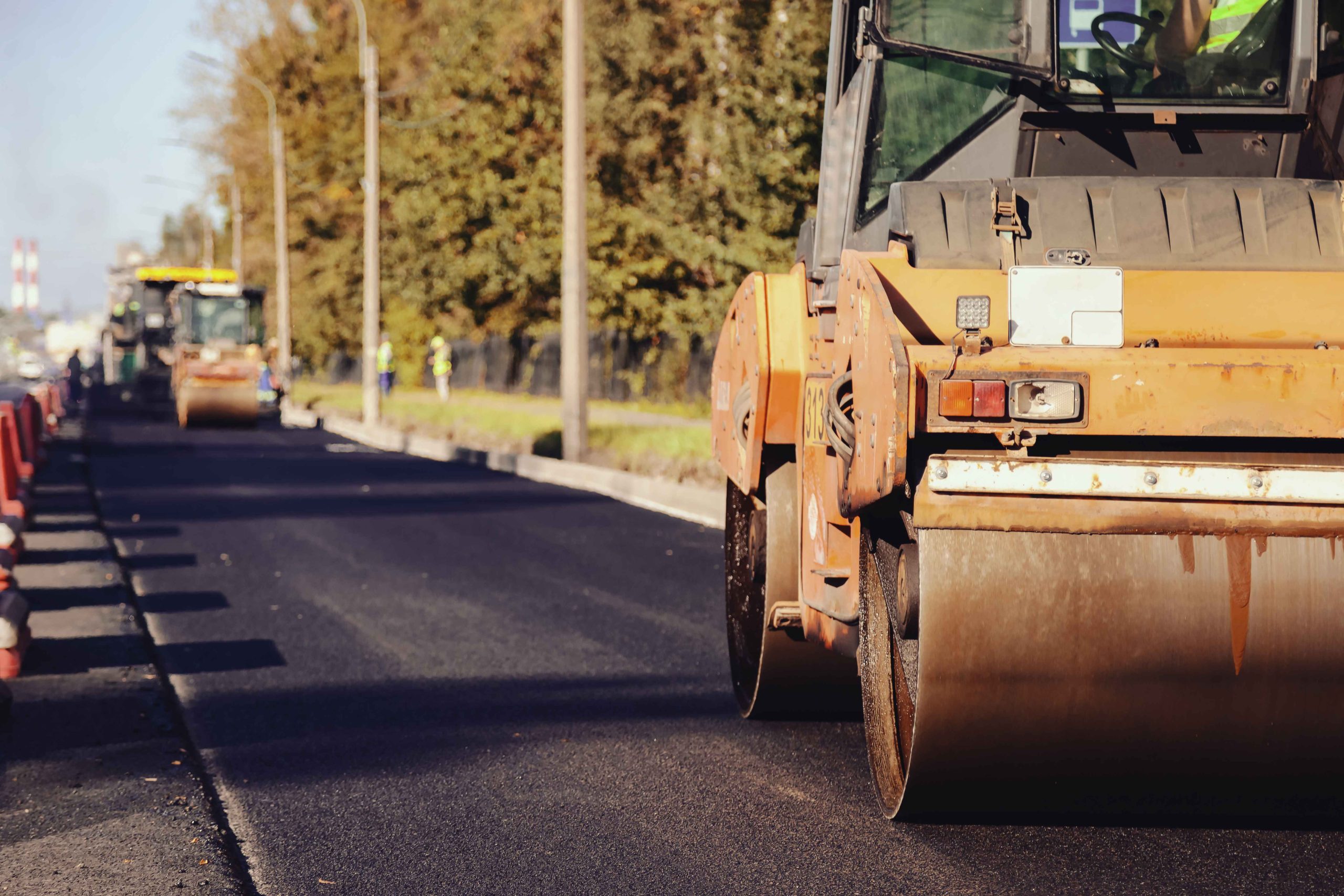
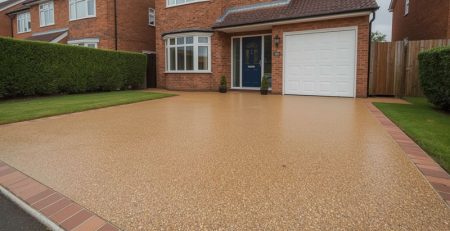
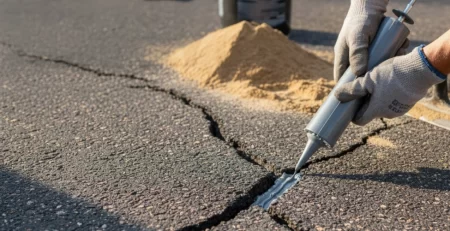
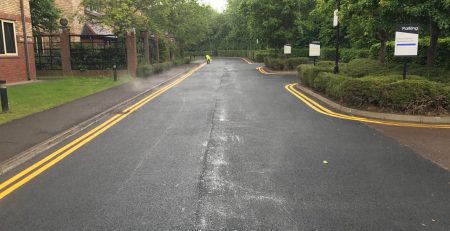



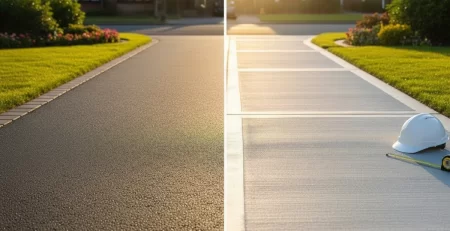

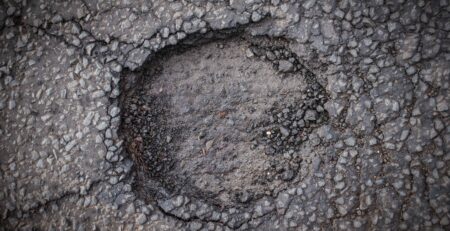
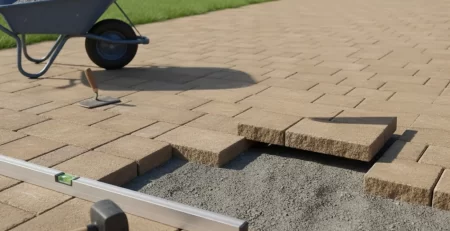
Leave a Reply